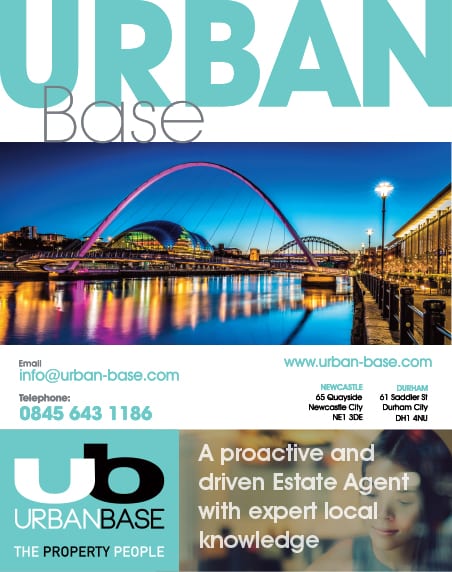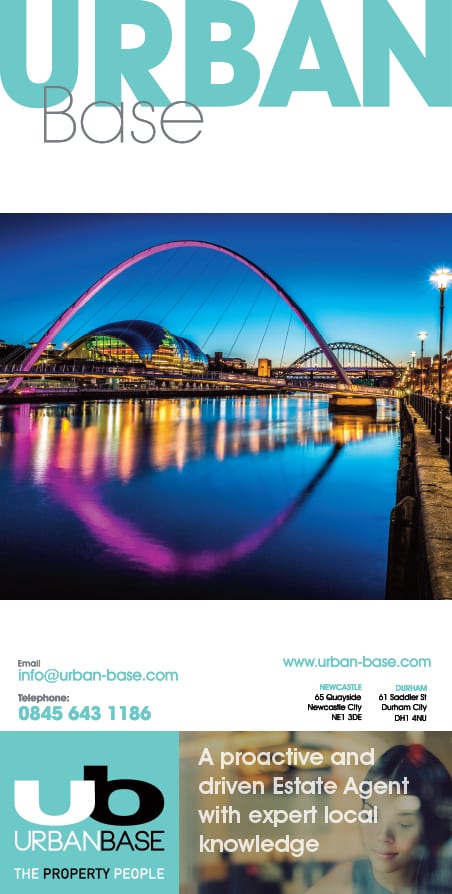Disputes are familiar features of the UK commercial and property sector.
For this reason, mediators are often brought in to resolve complex issues.
I have mediated a vast number of disputes and the role requires negotiating skills and the art of getting to ‘yes’. Many disputes are settled by mediation when the parties understand the potential costs and time of going to court are just too big to risk, compared to the amount in dispute. Mediation is a structured negotiation with the specialist facilitating agreement, or agreements, if more than two parties.
If you need a mediator, the starting point is to ensure they are registered via the Civil Mediation Council, or Northern Dispute Resolutions.
This will provide you with peace of mind that your mediator abides by a code of conduct, has been trained to acceptable industry standards, has suitable insurance, carries out continuous training and development and offers access to a complaints process, if needed.
Mediators help those in dispute communicate about the issues of concern to them and help participants find solutions that are acceptable to everybody involved.
It is a confidential process that gives parties control over the outcome. Mediators help the parties to understand the issues and the options that are available to parties, but they do so from a neutral position with no interest in the outcome of the dispute and cannot impose a solution.
In civil commercial mediation, offers can be made without influencing what happens if the dispute is eventually resolved in court (known as offers made ‘without prejudice’) which can enable participants explore and to try to reach a settlement without compromising their position.
Is There a Right Time to Mediate?
In any field of mediation, it is difficult to think of a wrong time to mediate. In civil commercial mediation it is often a matter of balancing risk against cost. The earlier in the dispute it is decided to mediate, the lower exposure to litigation costs. The possibility of important information becoming available through disclosure and the agreement of facts, might dictate the timing of the mediation. At the other extreme, full disclosure, witness statements and expert reports, are notoriously expensive, and this needs to be weighed against the level of reduced risk that accompanies more information being available.
Common wisdom is the best time to mediate is before disclosure and witness statements but after each party, particularly their surveyors and/or lawyers, fully understand each other’s position in the dispute.
In workplace and community mediation, it is the sooner the better. Left to fester, a conflict in the workplace or community will often escalate, causing more damage, not just for the parties but to those around them. This can apply also to commercial disputes where ongoing relationships are important. Once a mediator gets involved and gives everyone an opportunity to express their views in a safe and confidential environment, parties can start to get a better understanding of the cost and consequences of the dispute and make a more informed choice.
Kevan Carrick, co-founder of JK Property Consultants, is a chartered surveyor, with over 50 years of experience in the property market as an entrepreneur, and nearly 30 years as a mediator and mentor. He is a registered mediator with the Civil Mediation Council and was shortlisted for the Commercial Mediator of the Year in 2021 and 2022 by the National Mediator Awards. He co-founded Northern Dispute Resolutions Limited, where he applies his skills to resolve disputes, encourages the use of mediation and trains post-graduate law students.
jkpropertyconsultants.com


